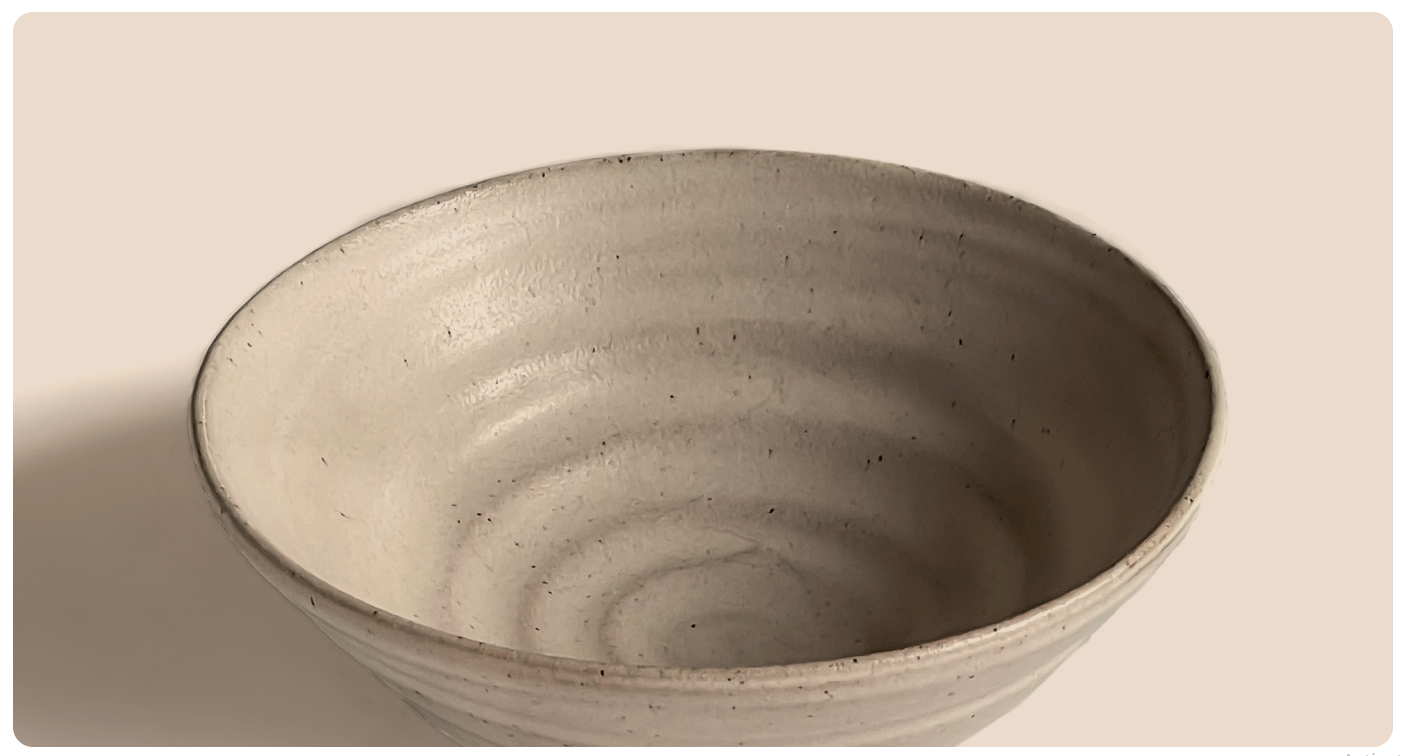In search of the perfect Ramen Bowl
A balance of form and function.
MY ROLE:
A balance of form and function.
MY ROLE:
The challange
The humble origins of instant ramen as a cheap and effective method for feeding the masses has evolved into a thriving instant-noodle industry with dozens of countries producing tens of thousands of varieties. Today you can eat traditional Peranakan Laksa from Southeast Asia, Crab Flavoured La Mian from Singapore, Mi Goreng Rendang from Indonesia or an evolved take on “top ramen” all for a couple of dollars from the comfort of your own home.
As instant noodles have evolved, so has the required equipment to eat it. Gone are the days of styrofoam flavored “cup-o-noodles.” The bowl is the centerpiece of the experience with the power to change the perception of the meal.

Solution
A ramen bowl is meant to be picked up and drunk from. If the bowl’s lip is either too concave or too convex broth will dribble down one’s chin. It should also be smooth and thin enough to please the diner’s lips.
The surface area is a delicate balance. It should provide enough real-estate for all the toppings while also taking into account heat retention
The bowl should be big enough to hold the adequate amount of ramen, yet small enough that one can pick it up with your hand.
The foot of the bowl should be large enough to provide stability as the bowl is picked up and placed down multiple times throughout the meal.
ENd Result
A bowl that functionally supports the act of presenting and eating ramen; large enough to hold the noodles and all the accompanying toppings but small enough to be picked up and slurped from. The aesthetic draws from traditional Japanese pottery and feels appropriately matched to its inhabitants: fatty brown broth, light-colored noodles and wide gamut of colorful toppings floating within.
